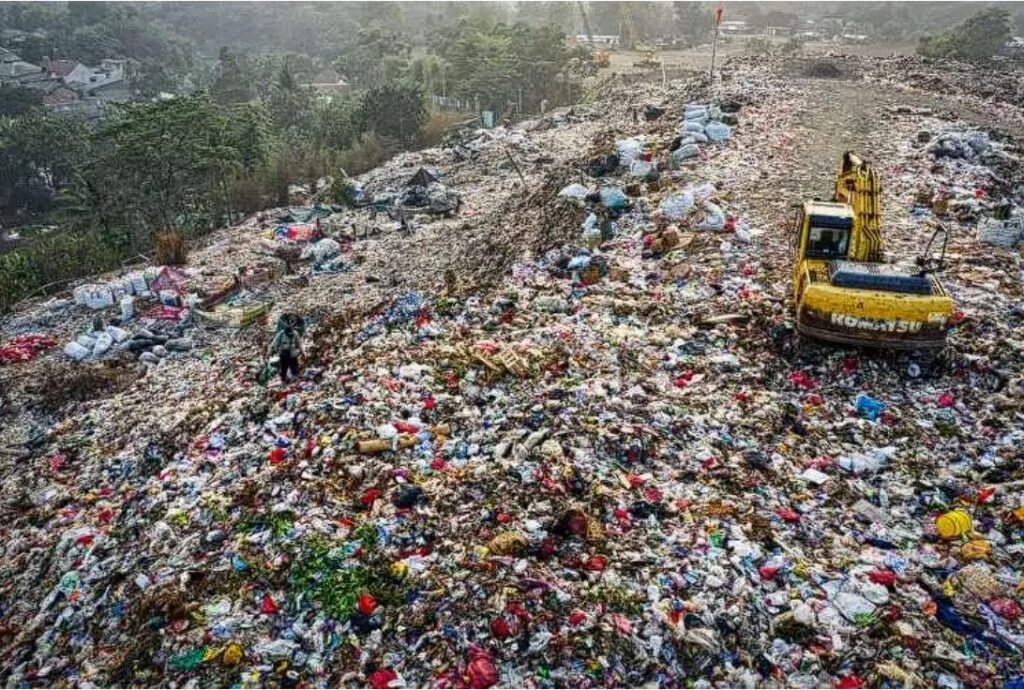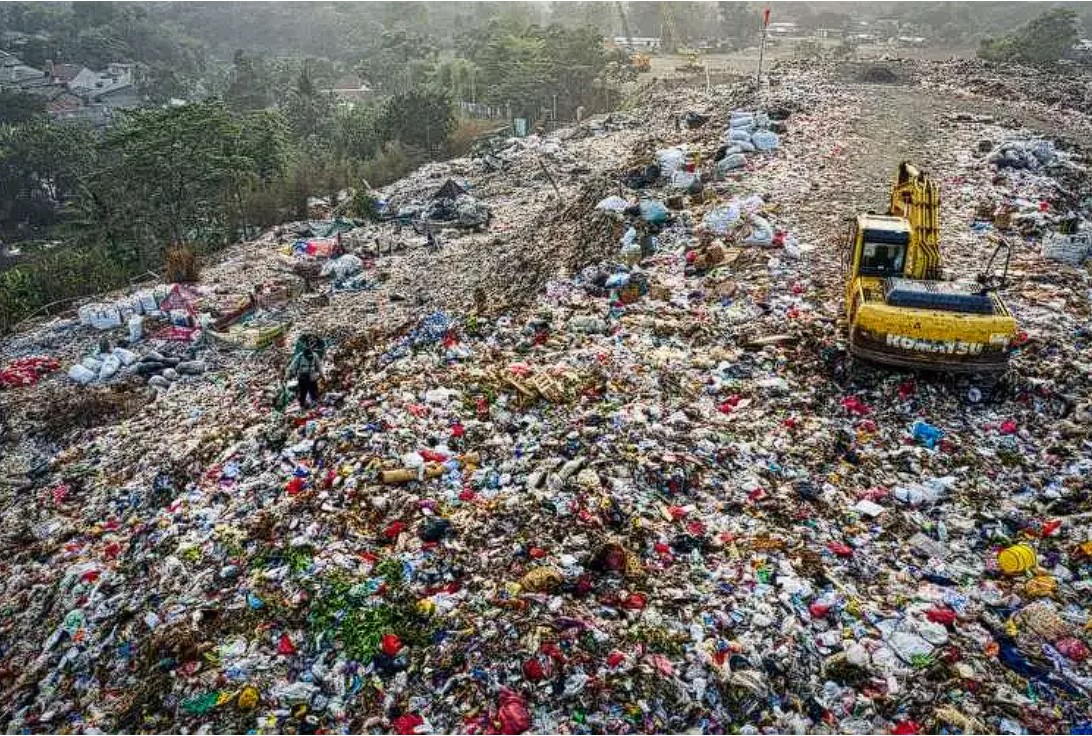Recently, an inquiry initiated by the CPCB, the central agency for waste management, revealed fraudulent activities on the EPR platform. The government began an overhaul of the security of the EPR trading platform to curb the menace of hacking.
EPR- Extended Producer Responsibility
Under EPR, the responsibility for plastic waste is placed on the producers, brand owners, and importers. It holds the manufacturer responsible for the production of plastic items. It recognizes the importance of design, packing, and material selections in determining a product’s durability and sustainability.
Rules for Producers, Importers, and Brand Owners
- Producers: Under EPR rules and regulations, the people who produce items, the manufacturers, and the brand owners are held responsible for marketing their produce. EPR rules compel them to follow a particular eco-friendly way of choosing the suitable materials, reducing wastage, and designing products in line with recycling. They are also instructed to partner with waste collecting units, recycling facilities, etc. These steps can ensure that the duration of the use of a product will not exceed its shelf life and cause significant environmental issues.
- Importers: Clear instructions are provided on how importers should comply with ESR standards for the products they bring from abroad. They are forced to register their companies with the appropriate regulatory body of the government, where they should provide all the necessary information associated with their products. They are also instructed to follow efficient waste management principles. Importers and producers have the same standards to meet in terms of waste management.
- Brand Owners: Brand owners are instructed to work closely with importers and producers. Because they attach themselves to the product, they are obliged to meet the standards set by the EPR. Their main duty is to ensure that the product under their brand meets the EPR standards effectively. They should also ensure that an end-of-life strategy to manage the product is in place and running smoothly.

Ref. URL: https://i0.wp.com/www.policycircle.org/wp-content/uploads/2022/10/plastic-pollution-10.jpeg?w=750&ssl=1
EPR Guidelines for Plastic Waste
Essential aspects of the plastic EPR guidelines include:
Collection and Channelization: Producers must set up effective mechanisms for collecting and directing the plastic garbage from their items. They have the following options:
- Establish collection centres
- Collaborate with PROs
- Team up with Waste Management Organisations.
Financial Contribution to PROs: Financial contributions can be given to
- PROs
- Other Registered Organisations
This money can later be utilized within waste management platforms themselves. It can be used to
- Build infrastructure,
- Launch awareness programmes
Compliance Reporting: Producers are mandated to send reports periodically to the authorities. The report should contain the following outlines:
- Outline for managing plastic waste
- Data regarding the total amount of plastic
- Data regarding the amount of plastic recycled
- Data regarding the amount of plastic disposed
Recent News
The Government arm for waste management, the Central Pollution Control Board (CPCB), has identified various discrepancies regarding the data associated with waste collection and management. The online ESR portal has the facility to provide recyclers with certification for every tonne of plastic they recycle. These certificates can then be submitted to the CPCP portals themselves for validation.
A group of hackers recently managed to hack CPCB websites. According to Government data, several 6,00,000 certificates issued under ESR rules on the CPCB website have been identified as fraudulent. These certificates were sold to different companies. An investigation is now underway to find the hackers and companies associated with this malpractice. Two significant steps were taken by the CPCB. They are:
- Audit around 800 firms.
- Overhaul of the existing security features of the EPR trading platform.

